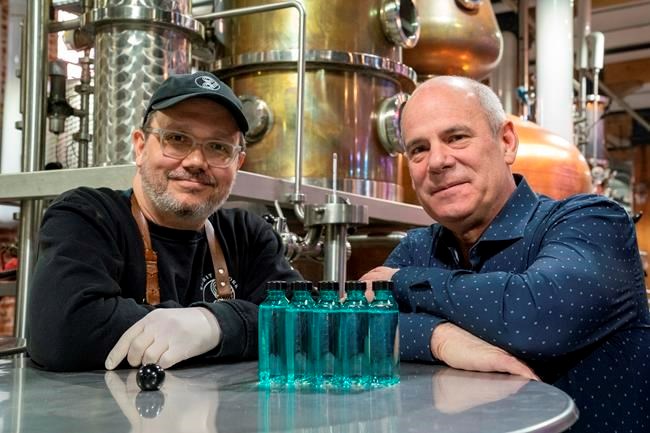VICTORIA - Distillers in British Columbia are temporarily authorized to manufacture alcohol-based hand sanitizer to help combat the COVID-19 pandemic, through an updated policy directive from the Liquor and Cannabis Regulation Branch (LCRB).
“We are in unprecedented times and everyone must do their part to fight COVID-19,” said BC Attorney General David Eby. “Distilleries have been approaching us asking how they can help, and this new policy directive will mean they are authorized to manufacture alcohol-based hand sanitizer.”
Previously, distilleries and other licensed manufacturing establishments would have required discretionary authorization from the general manager of LCRB in order to produce alternative products. However, given the context of the current provincial health emergency related to COVID-19, the general manager is now permitting all distillers to produce alcohol-based hand sanitizer. Hand sanitizers must meet certain federal regulatory requirements.
Some distillers are donating the “excess alcohol” from their distilling process to a third party that can produce hand sanitizer. Others are producing the hand sanitizer themselves, taking steps to ensure products contain the necessary level of alcohol content to make them effective. Distillers will be able to donate or sell the hand sanitizer they have manufactured, and the authorization will be reviewed on an ongoing basis as the provincial health context changes.
“The flexibility shown by distillers to create much-needed hand sanitizing products demonstrates the leadership of B.C.’s agriculture sector and highlights the additional and unforeseen roles that B.C.’s food and beverage producers can play in an emergency response,” said Minister of Agriculture Lana Popham. “B.C.’s food and beverage sector has so much to offer, and these displays of businesses changing their operations to help British Columbians in our time of need emphasizes the value each of us add to our communities every time we buy BC.”
Public health officials would like to remind the public that the best way to prevent the transmission of COVID-19 is by thorough handwashing with soap and water, scrubbing for at least 20 seconds.
To download the BC Centre for Disease Control's guide to hand hygiene, go to: http://www.bccdc.ca/Health-Professionals-Site/Documents/COVID19_Handwashing%20Poster_MD%20offices.pdf



.png;w=120;h=80;mode=crop)